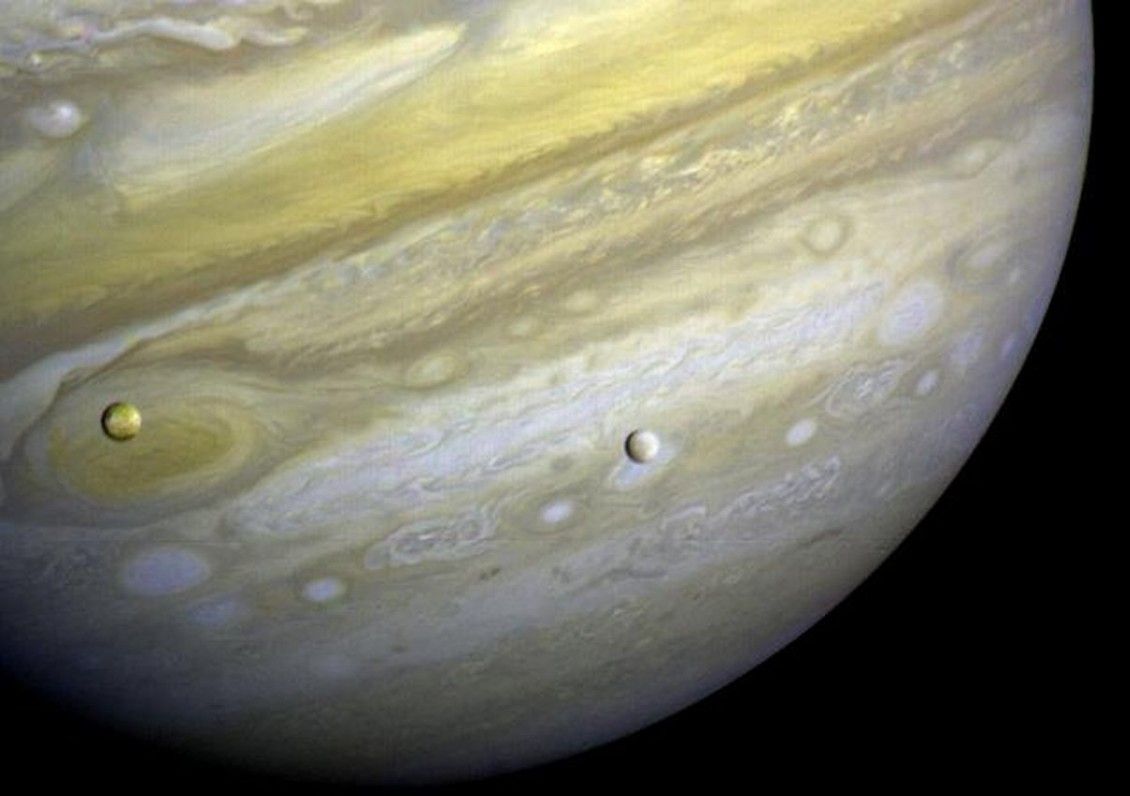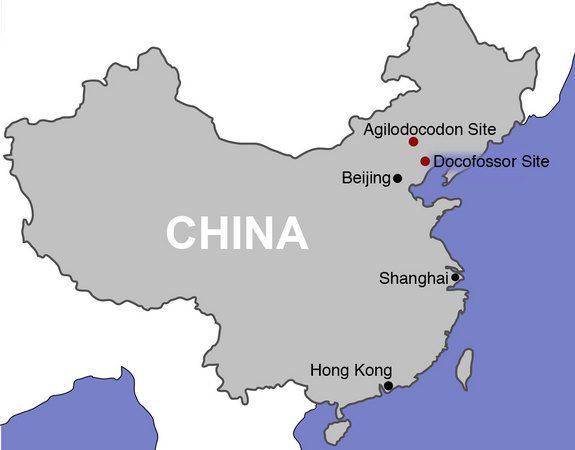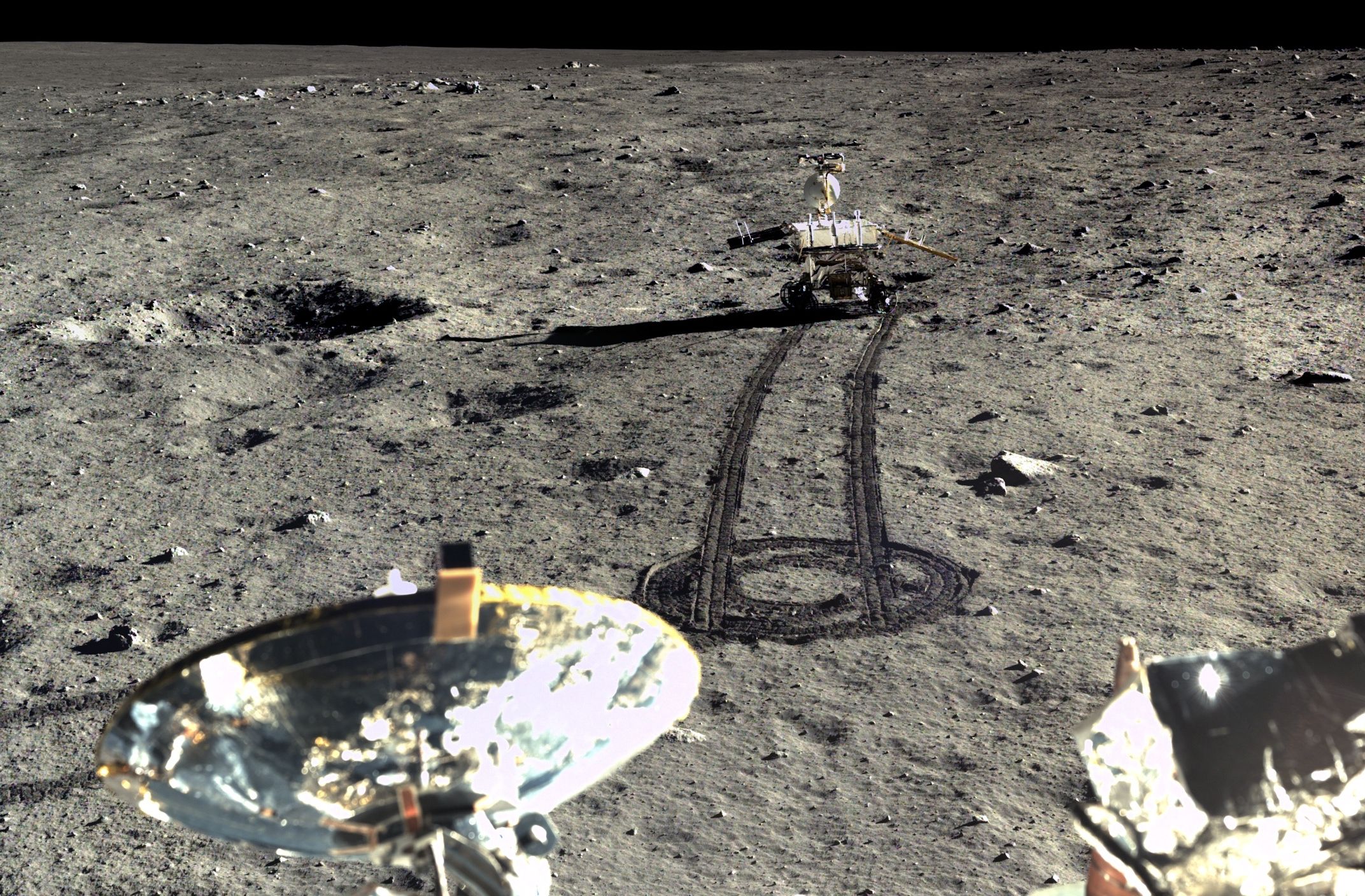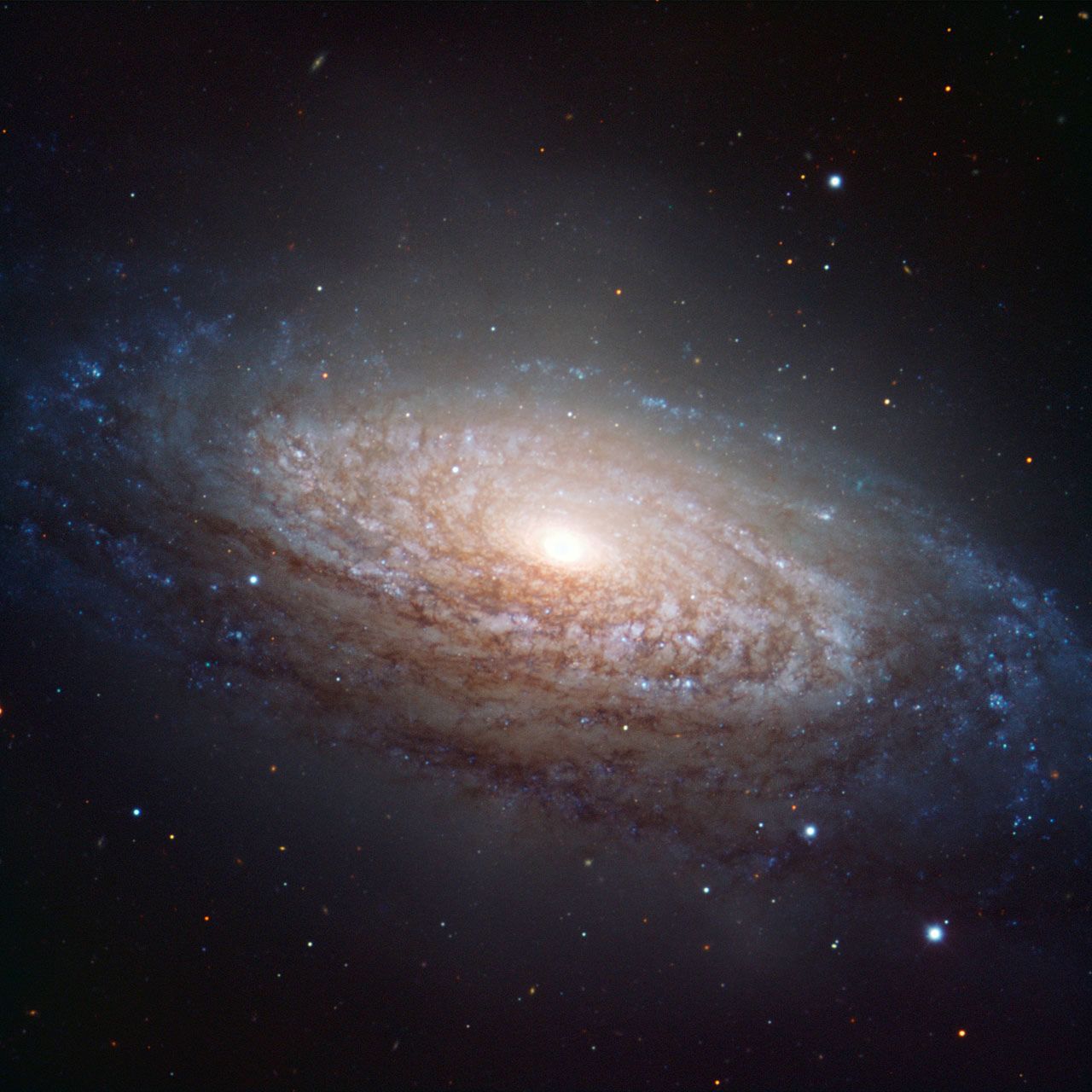Page 11797
Jan 31, 2016
Research at Google: Quantum A.I
Posted by Andreas Matt in categories: education, internet, quantum physics, robotics/AI
Do we owe our existence to Jupiter? That used to be the standard paradigm in planetary theory, but now theorists routinely debate the merits of such a gas giant planet parked out at a 12 year orbit in our own solar system. However, one thing is clear; solar systems like ours with Jupiter analogs are pretty scarce.
Solar systems like ours, in which Jupiter-like planets orbit their parent stars at Jupiter-like distances, remain scarce in the local stellar neighborhood, says an Australian-led team of astronomers.
The team who report their findings in The Astrophysical Journal, analyzed the latest results from an ongoing planet detection survey of more than 200 solar-type stars mostly within some 300 light years of Earth.
Jan 31, 2016
Smog is wreaking havoc — so why are cancer deaths plunging in China?
Posted by Karen Hurst in categories: biotech/medical, environmental
Jan 31, 2016
The innovators: the swarm of sea drones sniffing out drugs and mines
Posted by Karen Hurst in categories: biotech/medical, drones, robotics/AI
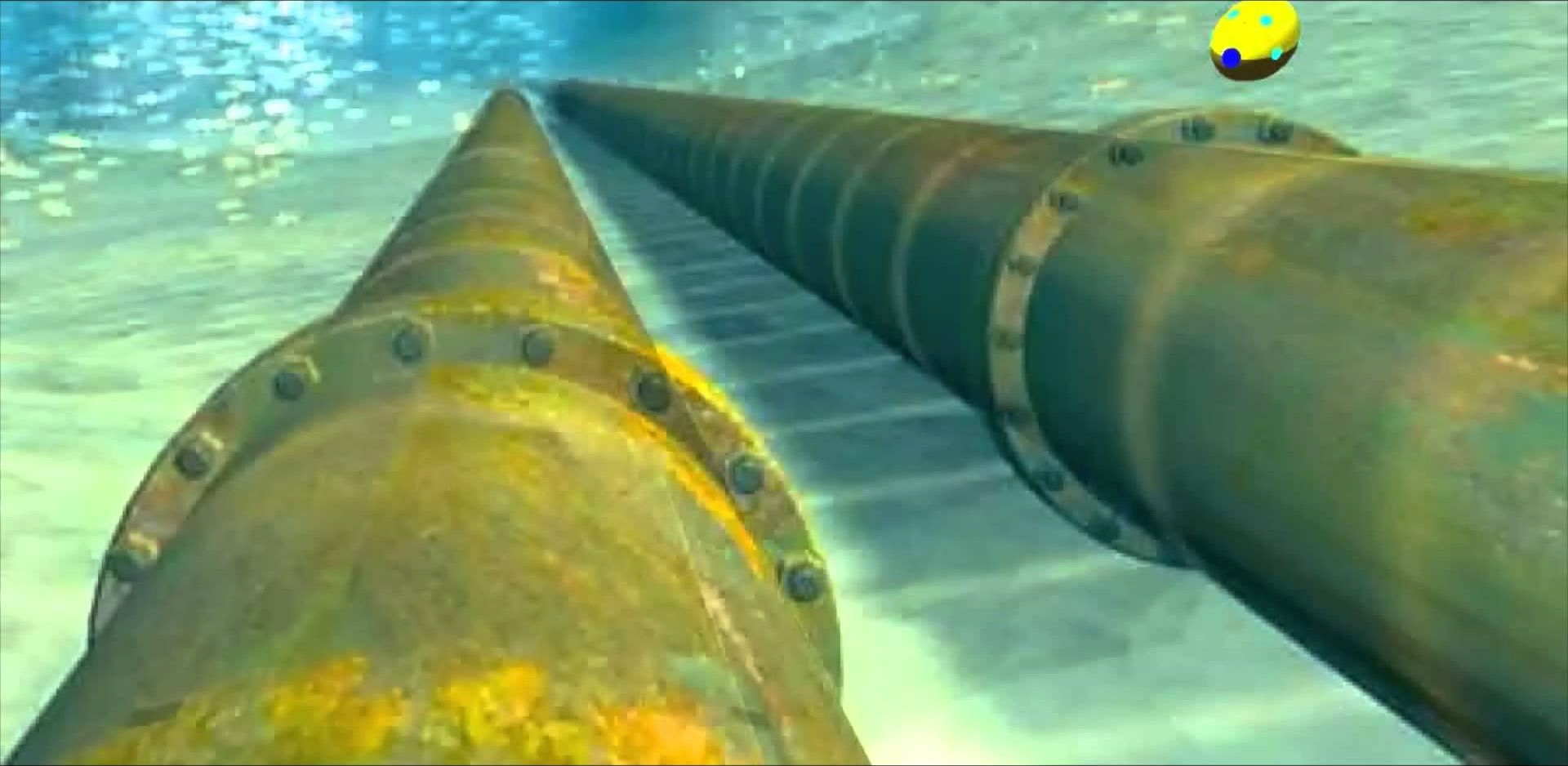
https://youtube.com/watch?v=3pjTHDdC3C4
War on drugs has a new friend.
The football-sized robots are designed to work in packs, programmed for various tasks from locating wreckage to detecting contraband through a ship’s hull.
Jan 31, 2016
Robot-Run Farm Will Open In Japan Next Year
Posted by Karen Hurst in categories: food, robotics/AI, sustainability
My parents love their farm life, etc. However, as they are get older, and they need a way to maintain their land, etc. Maybe robots are the perfect solution. Certainly worth looking into.
Japan plans to open the first farm run completely by robots growing vegetables.
Jan 31, 2016
Fun with a new data set: Chang’e 3 lander and Yutu rover camera data
Posted by Sean Brazell in category: space
So, space fans, without further ado, here, for the first time in a format easily accessible to the public, are hundreds and hundreds of science-quality images from the Chang’e 3 lander and Yutu rover. I don’t usually host entire data sets (PDS-formatted and all) but I made an exception in this case because the Chinese website is a bit challenging to use.
Jan 31, 2016
New Kind of Dark Matter Could Form ‘Dark Atoms’
Posted by Andreas Matt in categories: cosmology, particle physics
Physicists have proposed a new kind of dark matter that might consist of dark protons and dark electrons that could form dark atoms, and build up dark matter disks around galaxies.
Jan 31, 2016
Quantum computing near and disruptive, warns academic at Davos
Posted by Karen Hurst in categories: business, computing, internet, quantum physics, robotics/AI, satellites, security, singularity
True points and many that I have been sharing on Quantum around its own potential to change everything that we know about technology (devices, internet & networking in general, wireless and satellites, AI, advancements in biotech, security, big data, and singularity itself). The author also highlights many of the same concerns that I have shared around hackers on Quantum breaking through the older digitized platforms and networks; therefore, many companies and governments are exposed as well as consumers who have not adopted Quantum.
Although the author speculates we’re less than 10 yrs for Quantum to be seen in the everyday usage; I believe we’re within 7 yrs.
Within four years quantum computers will have the beating of conventional computers and that will produce a dramatic change in both the technology landscape and in business, according to Professor Jeremy O’Brien from Bristol University.
Jan 31, 2016
The DeLorean Motor Company may soon start building ‘new’ cars
Posted by Shailesh Prasad in categories: futurism, transportation
The DeLorean could soon be going back into production thanks to a new law that exempts small volume car manufacturers from the safety requirements applied to most new car makers. Also, I’m going to attempt to write this article without any Back to the Future jokes.
The law only applies to “replica” vehicles, that is, cars that resemble the body of another vehicle produced at least 25 years ago. Think stuff like the Shelby Cobra or the ‘65 Mustang — or the venerable DeLorean.
The DeLorean Motor Company, which acquired what was left of the original manufacturer 30 years ago, currently focuses on repairing and restoring all the DeLorean vehicles that are floating around the world. But now, with this specialty legislation, the company can use its millions of factory parts (and some that have been recreated from the original blueprints) to build new, 2017 model year DeLoreans complete with a crate engine from an outside supplier.

